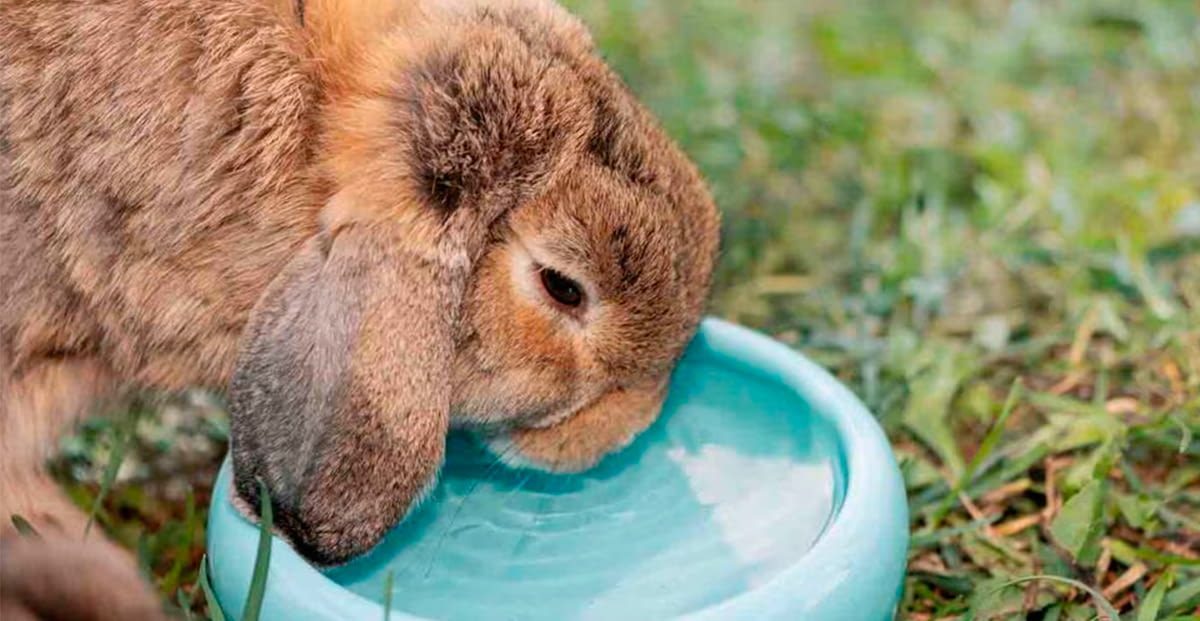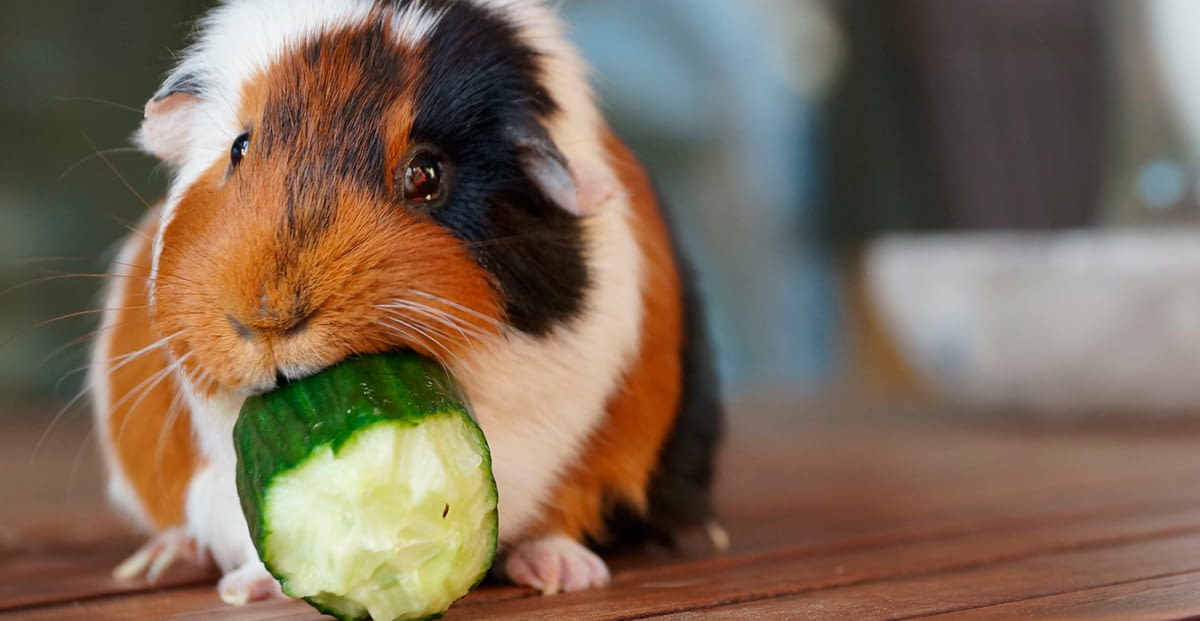
Summer can become a critical era for small pets. High temperatures not only affect dogs or cats, but also more sensitive animals such as rabbits, guinea pigs, mice, hamsters or Jerb. Their small size and accelerated metabolism makes them especially vulnerable to heat and dehydration blows.
At RSL Pets, as specialists in rodent habitats and equipment, we share practical tips so that stores, breeders, and industry professionals can advise their customers on how to properly care for their animals during the warmer months.
CONSTANT HYDRATION: ABSOLUTE PRIORITY
One of the first measures to combat heat is to ensure constant access to fresh, clean water. It is recommended to change the water at least twice a day, or even more if temperatures exceed 30°C.
Pro tip:
Adding ice cubes to the water bowl or placing a frozen water bottle wrapped in cloth inside the habitat can help cool the environment, especially in indoor cages or in urban areas with poor ventilation.
SAFE BATHTUBS OR SOFT SPRAY
Some species, such as rabbits or guinea pigs, can benefit from shallow containers of fresh water for dipping their paws, provided they are supervised. The key is to keep the water level safe and controlled, avoiding the risk of drowning.
Pro tip:
If the animal does not tolerate contact with water, a fine mist sprayer can be used to gently moisten the environment or its fur (never directly on the face).
VENTILATED ENVIRONMENTS AND AWAY FROM THE SUN
Avoiding heat exhaustion also requires a well-ventilated environment located away from heat sources. It is essential to:
· Use cages with barred structures that allow air circulation.
· Avoid materials such as plastic or glass in enclosures.
· Place cages in cool, shaded areas away from direct sunlight.
Professional recommendation:
In the case of physical stores, placing habitats on low shelves or away from sunny display windows helps prevent heat buildup.

FRESH FRUITS AND VEGETABLES (IN MODERATION)
Diet can also help combat the heat. You can offer fruits and vegetables with a high water content, always appropriate for the species and in appropriate portions: cucumber, watermelon, apple, carrot, or melon, among others.
Pro tip:
A useful summer trick for those with a sweet tooth: offering these foods either chilled or in the form of frozen "mini ice cream" (without sugar or additives) can be an extra relief, although it's recommended to do so in moderation to avoid digestive discomfort.
REGULAR BRUSHING FOR LONG-HAIRED SPECIES
In animals like Angora rabbits or guinea pigs with thick fur, excess fur can retain heat and hinder temperature regulation. Frequent brushing helps remove dead hair and improves their well-being.
Stores may recommend soft brushes specifically designed for rodents, as well as include a seasonal hygiene section in their catalog.
BE CAREFUL WITH FANS AND AIR CONDITIONING
Although instinct leads us to think that fans or air conditioning are an effective solution, they are a source of risk for small rodents: they can cause sudden changes in temperature, colds, or even respiratory illnesses.
It is best to cool the environment naturally and without direct currents.
FINAL RECOMMENDATIONS FOR SPECIALTY STORES
· Review in-store display habitats during the warmer months.
· Offer customers products that help keep their pets cool: cooling bottles, heat mats, freeze-dried fruit, and heat-resistant waterers.
· Include educational materials on seasonal care as part of customer service.
· Recommend appropriate habitats based on species, climate, and home conditions.
Do you manage a pet supply store?
At RSL Pets, we help you offer habitat, ventilation, and wellness solutions tailored to each species. Professional quality, designed for professionals.



